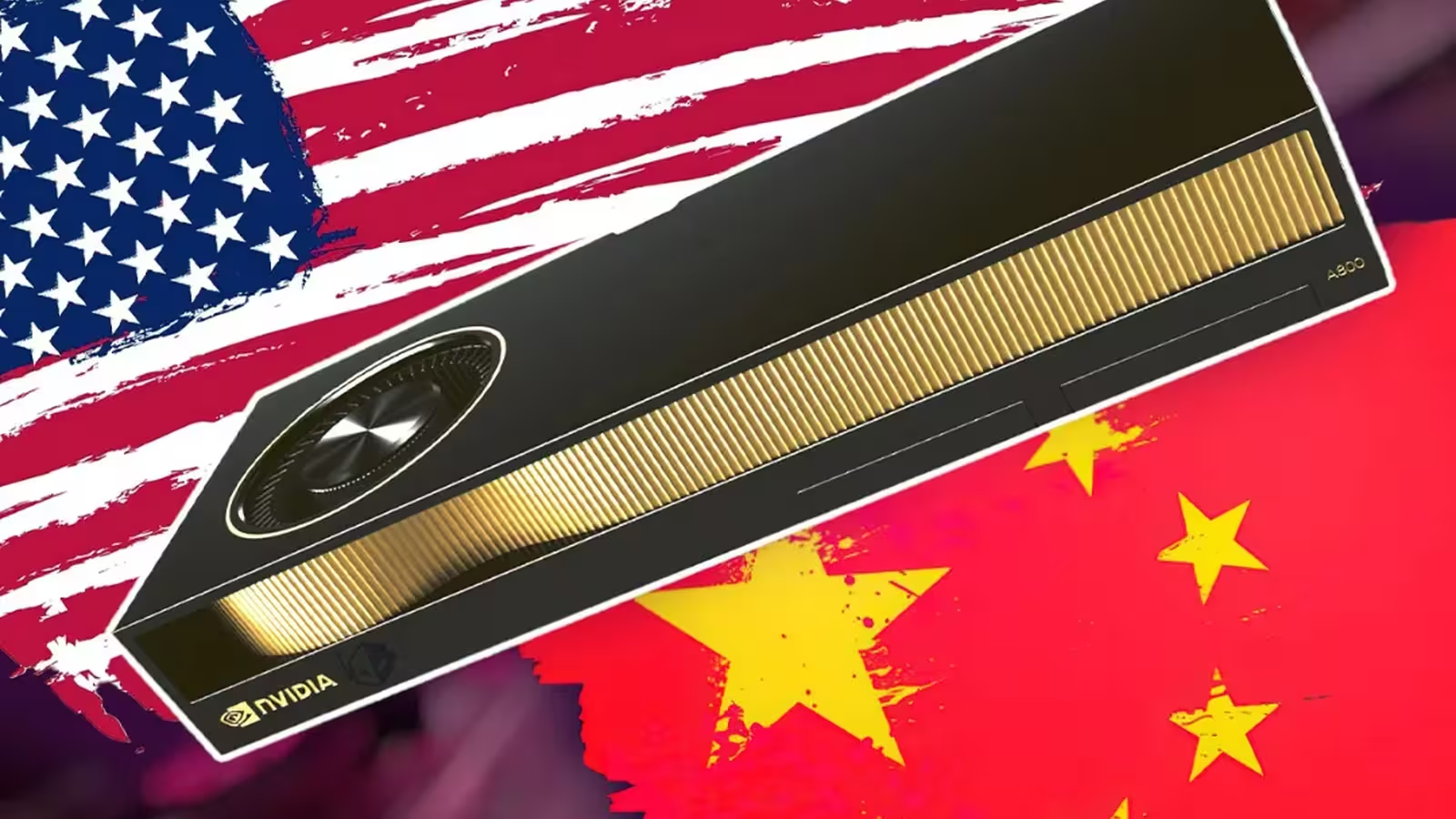3 Minutes
In response to escalating U.S. export controls and a dwindling supply of Nvidia processors, leading Chinese technology firms—including Alibaba, Tencent, and Baidu—are accelerating their transition toward domestically produced artificial intelligence (AI) chips. This strategic shift underscores China's commitment to achieving self-sufficiency in semiconductor technology and reducing reliance on Western hardware.
Transition to Domestic AI Chips
The tightening of U.S. export regulations has significantly limited Chinese companies' access to advanced Nvidia processors, such as the H20 chip. In reaction, these tech giants are actively testing and deploying homegrown alternatives to meet the surging domestic demand for AI capabilities. For instance, Huawei has introduced the Ascend 920 AI chip, engineered using a 6 nm process and boasting over 900 teraflops of processing power. This chip is slated for mass production in the latter half of 2025 and aims to fill the void left by restricted Nvidia products.
Challenges and Strategic Adaptations
Transitioning from Nvidia's CUDA platform to Huawei’s Compute Architecture for Neural Networks (CANN) presents technical challenges, potentially causing development delays of up to three months. To mitigate these issues, companies are adopting a hybrid strategy: utilizing existing Nvidia chips for AI training while shifting to domestic processors for inference tasks. Despite Huawei's efforts to expand production, current supply does not meet the burgeoning demand. Consequently, firms are also exploring other domestic chipmakers like Cambricon Technologies and Hygon, and some are investing in developing proprietary processors.
Government Support and Industry Implications
The Chinese government's supportive policies for domestic chipmakers have created a favorable environment for startups such as Moore Threads and Biren Technology. These companies have received substantial investments, primarily from local investors and state funds, to develop AI hardware solutions that can compete with Western counterparts.
Conclusion
As U.S. export restrictions continue to tighten, Chinese tech giants are proactively investing in domestic AI chip development to ensure the sustainability and growth of their AI initiatives. This strategic pivot not only aims to circumvent current limitations but also positions China as a formidable player in the global AI landscape, fostering innovation and self-reliance in the face of geopolitical challenges.


Leave a Comment